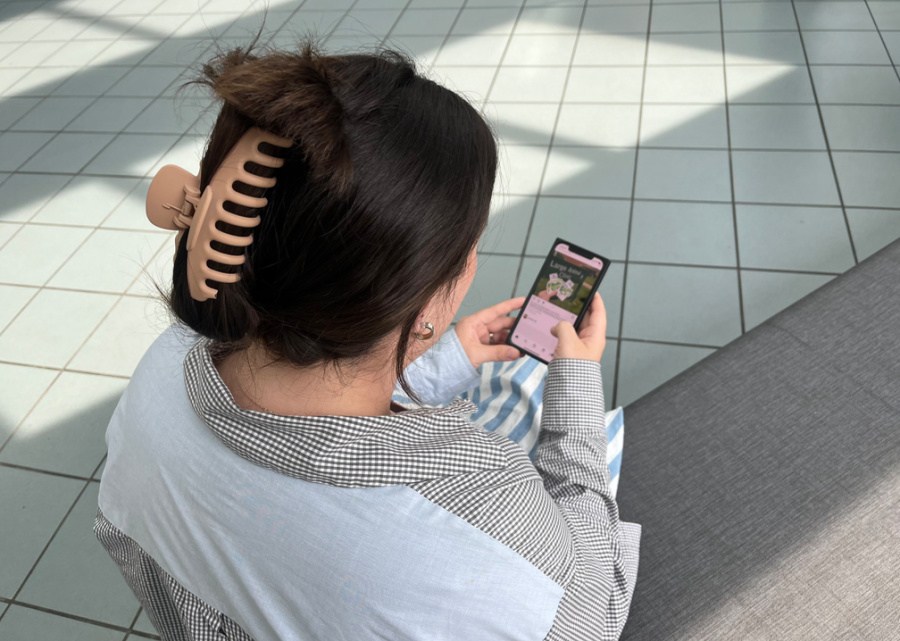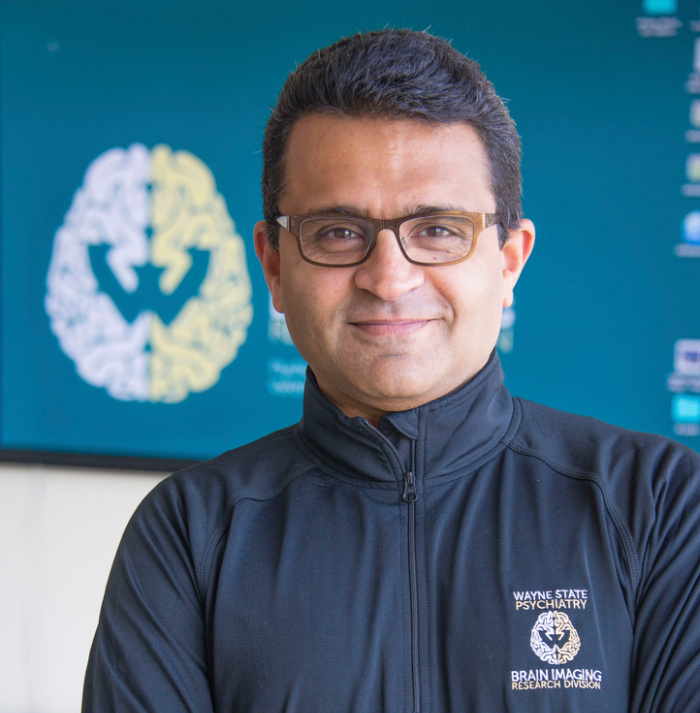
Swipe, scroll, snap: What impact does clinging to Instagram, TikTok and Snapchat have on the mental health of teenagers? US Surgeon General Vivek Murthy believes that social media is a major factor in the mental health crisis among young people. This is also the premise of the current New York Times bestseller The Anxious Generation: How Childhood Restructuring Is Causing an Epidemic of Mental Illness by Jonathan Haidt.
“It’s time to require a Department of Health and Human Services warning on social media platforms that social media is associated with significant psychological harm in youth,” Murthy wrote in an op-ed for the New York Times. “A Department of Health and Human Services warning, which requires a congressional action, would provide regular reminders to parents and youth that social media has not been proven safe. Evidence from tobacco studies shows that warnings can raise awareness and change behavior.”
Nearly 95% of teens ages 13 to 17 use social media, and over a third are on these platforms “almost constantly,” according to the U.S. Department of Health and Human Services’ 2023 Advisory on Social Media and Adolescent Mental Health.
At Wayne State University, experts from various fields are researching this social issue. Vaibhav Diwadkar,  Professor of Psychiatry and Behavioral Neuroscience at the School of Medicine and a specialist in behavioral neuroscience, warns that while social media promotes connectivity and access to information, it also carries significant risks, such as increased anxiety and depression.
Professor of Psychiatry and Behavioral Neuroscience at the School of Medicine and a specialist in behavioral neuroscience, warns that while social media promotes connectivity and access to information, it also carries significant risks, such as increased anxiety and depression.
“The effects are obvious,” said Diwadkar. “The constant competition for social status, the constant comparison with the lives of others, the habituation and dependence on constant positive reinforcement of one’s posted activities, the exposure to ridicule and bullying through electronic media – the latter enables certain individuals to behave destructively towards others and to be distractible.”
According to the Centers for Disease Control and Prevention (CDC), rates of depression among U.S. adolescents increased by over 50% between 2010 and 2019. In addition, rates of self-harm among prepubescent girls increased by more than 150% during the same period. These alarming statistics underscore the urgent need for targeted mental health interventions and support systems for young people.
Stephanie Tong, a professor of communications and an expert on social media, notes that children today are exposed to smartphones at a much younger age than previous generations. 
“Through early introduction, they develop a solid sense of familiarity and expertise in using technical devices,” she said. “But it also means a greater responsibility for parents, teachers and educators to ensure that children develop contemporary media literacy while maintaining the ability to communicate in person.”
She points out that it is crucial to develop healthy digital habits while also promoting social skills and real-world responsibility, and Diwadkar agrees.
“Early exposure to smartphones and social media can impact developmental milestones and emotional resilience,” he said. “Promoting real-world interactions and unstructured play is critical to developing healthier, more well-rounded adolescents.”
